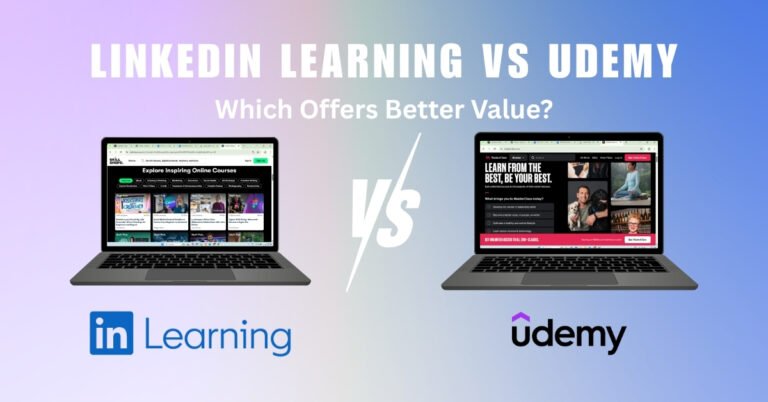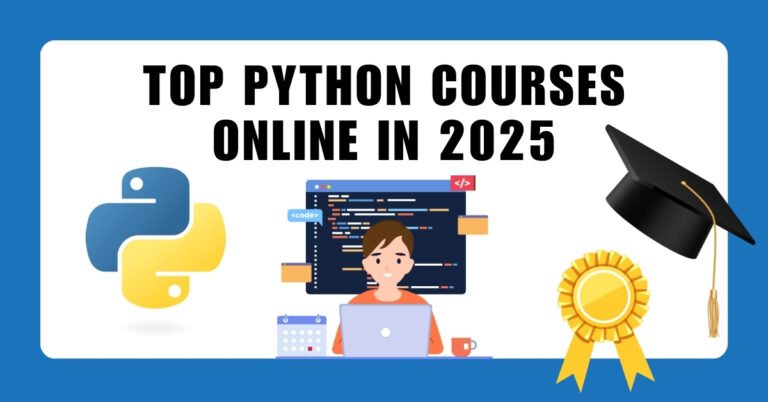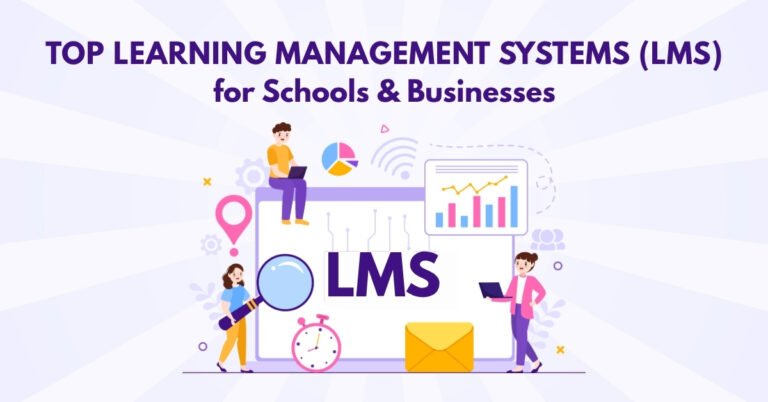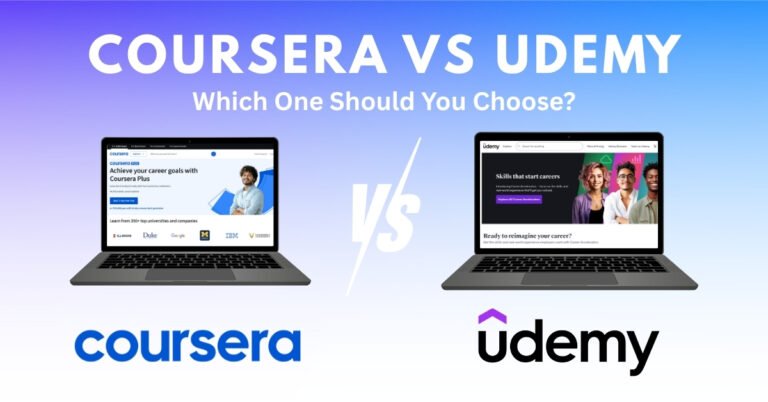Top 5 MOOC Platforms Compared (Coursera, edX, Udemy, FutureLearn, Khan Academy)
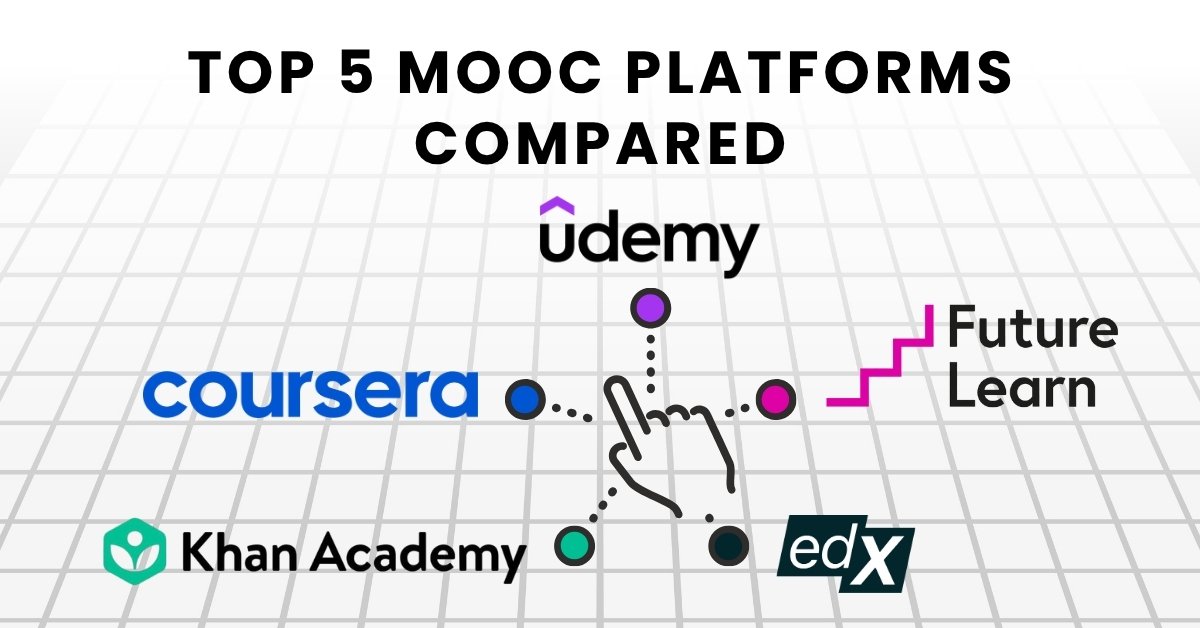
In today’s digital learning era, Massive Open Online Courses (MOOCs) have become a cornerstone of accessible education. Whether you’re aiming to gain a new skill, earn a certificate, or explore a subject out of curiosity, choosing the right platform is crucial.
This comprehensive guide compares the top 5 MOOC platforms in 2025—Coursera, edX, Udemy, FutureLearn, and Khan Academy—to help you find the best fit for your learning journey.
What Is a MOOC Platform?
MOOC platforms are online learning environments offering open-access courses to anyone with an internet connection. They partner with universities, organizations, or individual educators to deliver video-based lectures, quizzes, and assignments on diverse topics.
Why Choosing the Right MOOC Platform Matters
- Course quality and credentials vary widely
- Pricing models differ significantly
- Learning styles and content depth vary
- Some offer official certificates or degrees, others do not
Coursera: Best for Accredited Certificates and Degrees
Overview
Coursera partners with leading universities (like Stanford and Yale) and top companies (like Google and IBM) to provide structured, high-quality courses.
- Founded: 2012
- Courses Offered: 7,000+
- Partners: 300+ universities and companies
- Target Audience: Learners seeking professional certificates, career development, or full degrees
Key Features:
- Professional Certificates & Degrees: Earn industry-recognized credentials or even full degrees online.
- Guided Projects: Hands-on, project-based learning for job-ready skills.
- Learning Paths: Follow curated specializations or mastertracks.
Pricing:
- Free courses available (audit mode)
- Paid certificates start at $39/month
- Full degrees: $9,000–$25,000

Pros:
- Accredited by top universities
- Career-focused certifications
- Structured and rigorous coursework
Cons:
- Expensive compared to others
- Requires commitment and time
- Limited creative or casual learning options
edX: Best for University-Level Education
Overview
Founded by MIT and Harvard, edX is a nonprofit platform offering academic-grade courses, professional certifications, and degrees.
- Founded: 2012
- Courses Offered: 3,500+
- Partners: MIT, Harvard, Microsoft, Berkeley
- Target Audience: Academic learners and professionals
Key Features:
- MicroMasters & MicroBachelors: Stackable programs for credentials and credit.
- XSeries Programs: Deep-dive into a specific topic.
- Open edX: Open-source platform used by institutions globally.
Pricing:
- Audit most courses for free
- Verified certificates: $50–$300
- Professional/degree programs: $1,000–$25,000
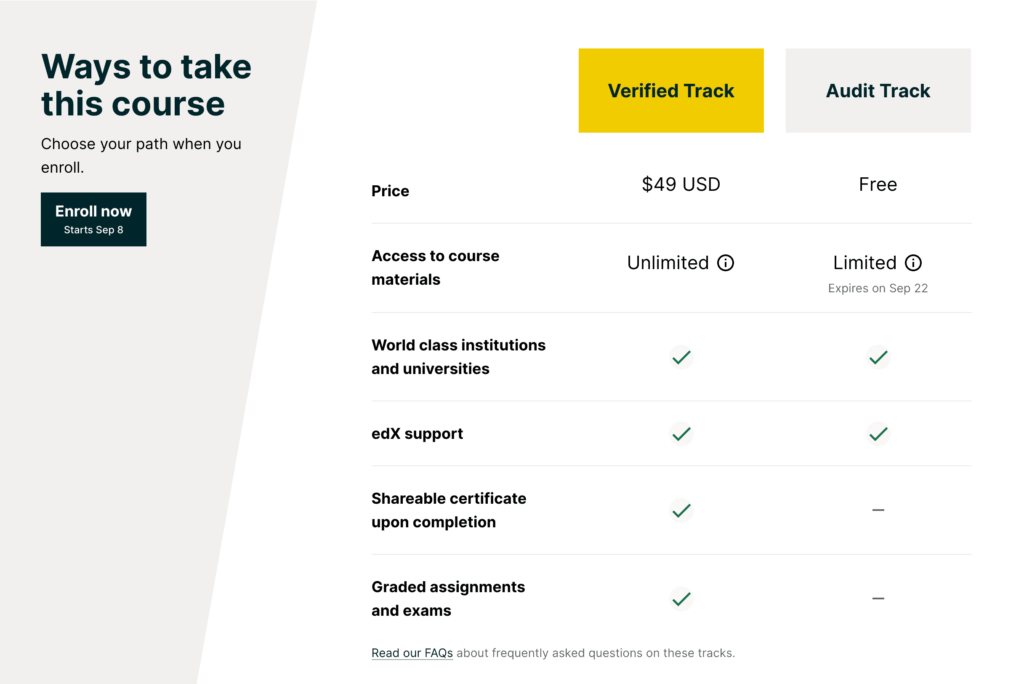
Pros:
- Prestigious academic affiliations
- Option to earn credit
- Transparent pricing and free access
Cons:
- Less casual content
- Limited mobile experience
- Some courses can feel too academic for casual learners
Udemy: Best for Budget Learners and Hobbyists
Overview
Udemy is a marketplace-style MOOC platform where anyone can create and sell courses. It’s ideal for learners looking for flexibility and affordability.
- Founded: 2010
- Courses Offered: 210,000+
- Instructors: Independent creators
- Target Audience: Casual learners, hobbyists, freelancers
Key Features:
- Lifetime Access: Pay once and keep the course forever.
- Wide Range: From business and coding to music, cooking, and lifestyle.
- Frequent Sales: Get courses as low as $9.99.
Pricing:
- One-time payment per course
- Frequent promotions (70–90% off)
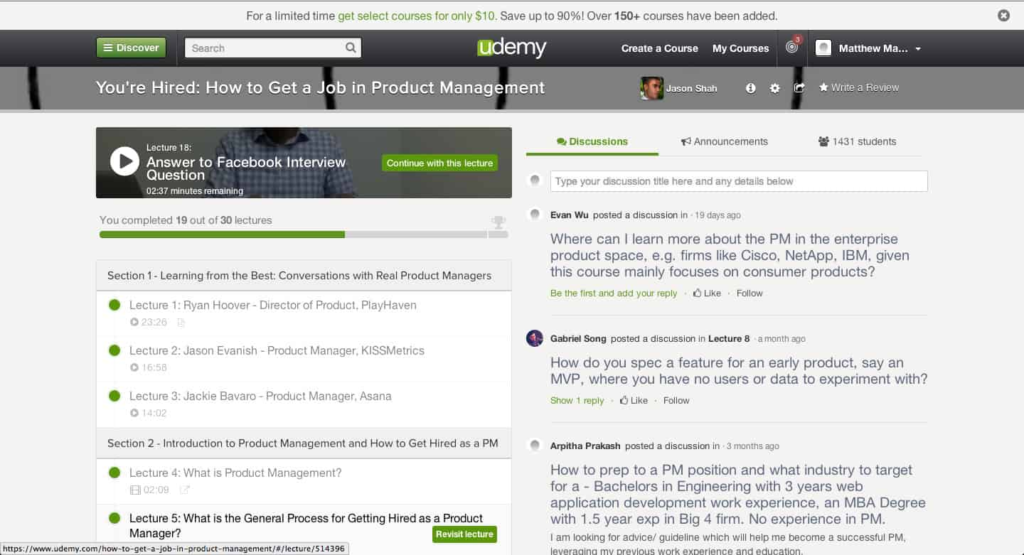
Pros:
- Inexpensive with huge variety
- Great for non-academic learning
- Self-paced, no deadlines
Cons:
- Quality varies by instructor
- No university credentials
- No structured paths or degrees
FutureLearn: Best for Social Learning & UK-Based Courses
Overview
FutureLearn is a UK-based platform that emphasizes collaborative learning through comments, discussions, and peer interactions.
- Founded: 2012
- Courses Offered: 2,000+
- Partners: The Open University, University of Leeds, British Council
- Target Audience: Learners looking for social engagement and UK-based content
Key Features:
- Microcredentials: Standalone certifications from universities.
- Short Courses: Quick 2-6 week programs.
- ExpertTracks: Focused series of career-focused courses.
Pricing:
- Free (limited access)
- Unlimited plan: $39/month
- Certificates: $50–$300
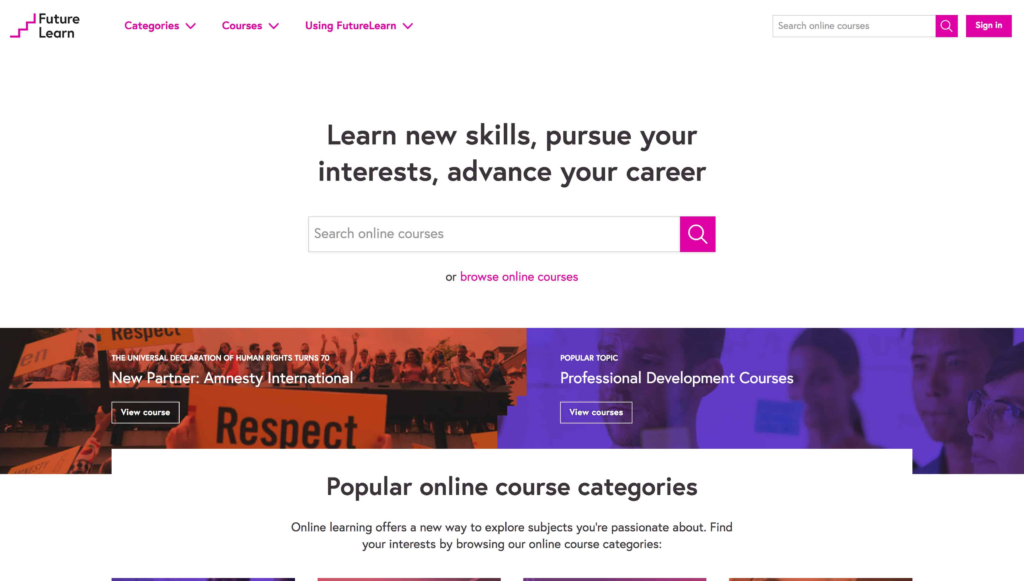
Pros:
- Social, discussion-driven format
- Strong UK/Europe presence
- Varied course structures
Cons:
- Limited course variety compared to Coursera/Udemy
- Focused on UK/European standards
- Smaller course catalog
Khan Academy: Best for K-12 and Free Learning
Overview
Khan Academy is a 100% free, nonprofit platform ideal for school-level learners and foundational education in math, science, and humanities.
- Founded: 2008
- Courses Offered: 5,000+
- Audience: K–12 students, early college, test-prep learners
Key Features:
- Practice Exercises: Skill-building through repetition.
- Interactive Dashboards: Perfect for parents and teachers.
- SAT/ACT Prep: Partnered with the College Board.
Pricing:
- Entirely free — no upsells or subscriptions
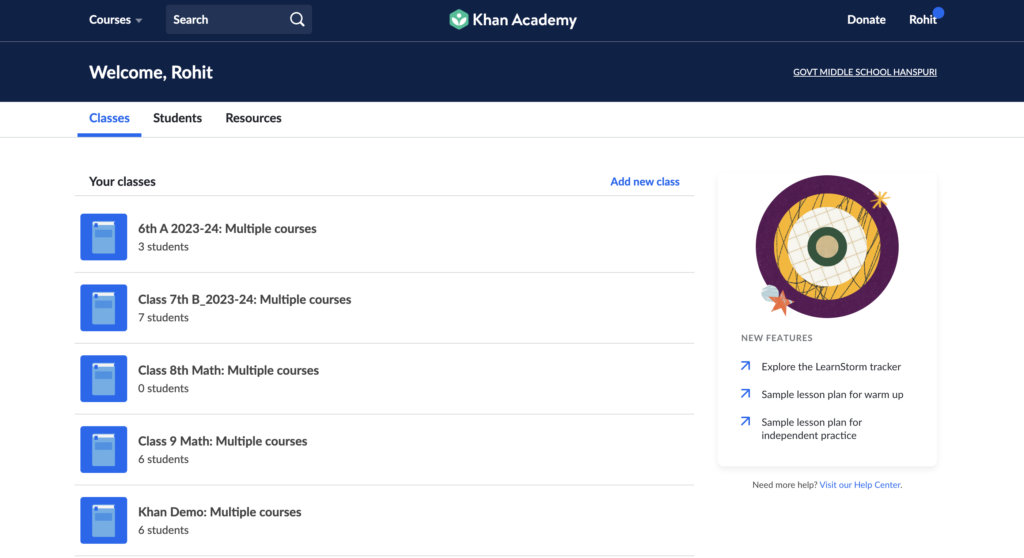
Pros:
- Completely free
- Strong K–12 focus
- Great for homeschoolers and test prep
Cons:
- Limited to school-level topics
- No certifications or degrees
- Less suitable for professional skills
MOOC Platform Comparison Table (2025)
| Platform | Best For | Pricing | Certificates | Partner Quality |
|---|---|---|---|---|
| Coursera | Career & degrees | Free–$25,000 | Yes (Accredited) | Ivy League & Top Firms |
| edX | Academic & professional credit | Free–$25,000 | Yes (Academic) | MIT, Harvard, Microsoft |
| Udemy | Hobbyists & self-paced learners | $9.99–$199/course | Yes (Non-accredited) | Anyone can teach |
| FutureLearn | UK-based & social learners | Free–$39/month | Yes (Varied) | British universities |
| Khan Academy | K–12 and foundational learners | Free | No | Nonprofit educators |
How to Choose the Right MOOC Platform
Here’s a simple checklist to help:
- Do you want a certificate or degree? → Coursera or edX
- Need something free for school subjects? → Khan Academy
- Looking to learn a hobby or side skill? → Udemy
- Prefer a UK-based, interactive learning style? → FutureLearn
- Want job-ready skills fast? → Coursera or edX’s professional tracks
Frequently Asked Questions (FAQ)
Conclusion: Which MOOC Platform Should You Use?
The ideal platform depends on your learning goals:
- Want career advancement or accredited certification? → Coursera or edX
- Seeking affordable, casual learning on your own time? → Udemy
- Looking for a discussion-based, UK-focused experience? → FutureLearn
- Need free, foundational learning? → Khan Academy
Each platform offers something unique. Choose the one that aligns with your goals, budget, and learning style—and start learning today.
Author Profile
- At Learners View, we're passionate about helping learners make informed decisions. Our team dives deep into online course platforms and individual courses to bring you honest, detailed reviews. Whether you're a beginner or a lifelong learner, our insights aim to guide you toward the best educational resources available online.
Latest entries
 Course PlatformsOctober 1, 2025FutureLearn Review: Best for Academic Courses?
Course PlatformsOctober 1, 2025FutureLearn Review: Best for Academic Courses? Career GrowthSeptember 29, 2025DataCamp Review: Is It the Right Platform for Data Science Beginners?
Career GrowthSeptember 29, 2025DataCamp Review: Is It the Right Platform for Data Science Beginners? Career GrowthSeptember 25, 2025Why Microlearning Is the Future of Education
Career GrowthSeptember 25, 2025Why Microlearning Is the Future of Education Course PlatformsSeptember 20, 2025Teachable vs Thinkific: Which Is Better for Creators?
Course PlatformsSeptember 20, 2025Teachable vs Thinkific: Which Is Better for Creators?

